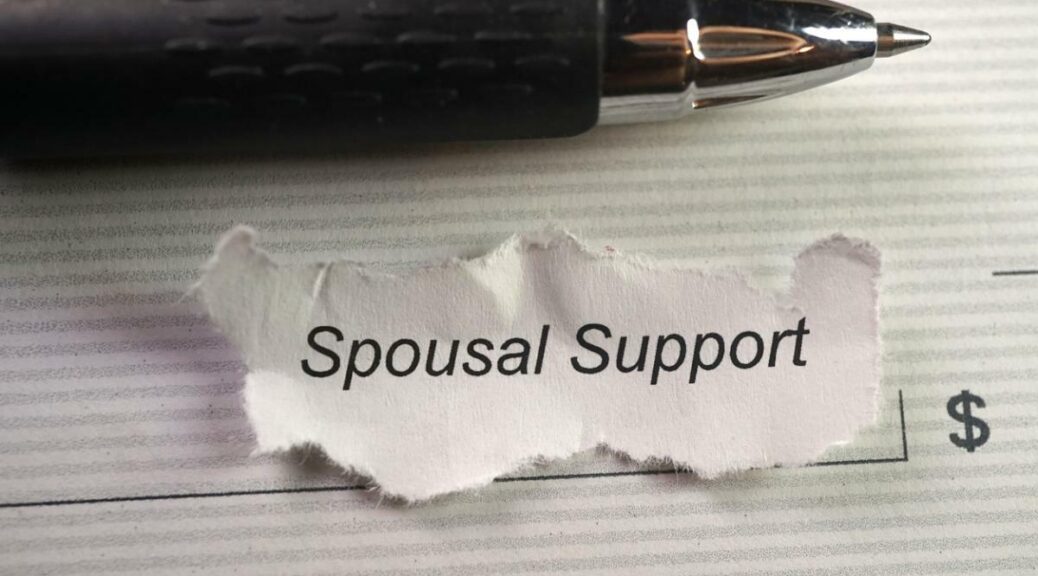When a child is born outside of marriage in California, the question of paternity can come into play with custody and support issues. Establishing paternity is critical for various reasons, and knowing whether you want the father of your baby to take this step is essential for your family’s future.
CA Certified Family Law Specialist Judy L. Burger explores the implications, benefits, and steps involved in establishing paternity, helping you make a well-informed decision.
What Is Paternity?
Paternity refers to the legal identification of a child’s father. In California, Family Code §§ 7611 stipulates that when a child is born to parents who are not married, the father does not automatically have legal rights or responsibilities concerning the child. Establishing paternity gives the father legal acknowledgment, which has implications for custody, visitation, child support, and inheritance.
Reasons to Establish Paternity
Establishing paternity can be beneficial for several reasons:
- Legal Rights and Responsibilities: When paternity is established, the father gains legal rights, including the right to seek custody or visitation. Additionally, he becomes responsible for child support, ensuring that he contributes to the child’s upbringing financially.
- Emotional and Social Benefits: Knowing who the father is can have emotional benefits for the child. It can foster a greater sense of identity and belonging, helping to establish a relationship between the child and their father.
- Health Benefits: Establishing paternity may provide vital medical and family history, which can aid in future healthcare decisions for the child.
- Financial Support: Establishing paternity solidifies the child’s right to financial support from both parents, which can be crucial for the child’s development and education.
- Inheritance Rights: Establishing paternity ensures that a child has the right to inherit from their father, which can have significant legal and financial implications in the long run.
When You Might Hesitate
On the other hand, there may be reasons to hesitate before deciding whether to have the father establish paternity:
- Relationship Dynamics: If you are unsure about the father’s intentions or if there are unresolved conflicts between you and him, establishing paternity may complicate your relationship further. In some cases, a lack of commitment or past abuse can raise concerns about making the relationship more complex legally.
- Concerns Over Child Support: If you feel that the father may not provide adequate financial support or may potentially cause conflicts regarding payments, you may have reservations about taking this step.
- Past Behavior: If the father has a history of instability or unsuitability that raises concerns regarding his ability to parent effectively, you might question whether it is in your child’s best interest to establish paternity.
Steps to Establish Paternity in California
If you decide to move forward with establishing paternity, here are the steps involved:
- Acknowledgment of Paternity (AOP): If both parents agree, they can fill out the Acknowledgment of Paternity form, which both parents must sign. This can usually be done in the hospital at the time of the child’s birth or later.
- Court Order: If the parents do not agree, one parent (usually the mother) can file a petition with the family court, which will require DNA testing to establish paternity.
- DNA Testing: If there is uncertainty, a court-ordered DNA test can confirm paternity. DNA testing is highly accurate, and results generally effectively determine biological relationships.
- Finalizing Paternity: Once paternity is established, either through a mutual signing of the AOP or a court order, the father’s name is added to the birth certificate. This finalizes the father’s legal association with the child.
Establishing paternity can also influence custody and visitation arrangements. Once he is recognized as the legal father, he can seek custody and visitation rights through the family court system. Establishing paternity does not guarantee shared custody, but it is a necessary first step if he wishes to be involved in his child’s life legally.
Considerations Before Making a Decision
Before deciding whether to have the father establish paternity, consider the following:
- Communication: Open lines of communication with the father can help clarify intentions and expectations regarding parenting. Discuss your feelings and any concerns you may have.
- Legal Consultation: Consult with a Certified Family Law Specialist like Judy Burger. She can help you understand your rights, obligations, and how establishing paternity can impact your unique situation.
- Child’s Best Interests: Your decision should ultimately center around what is best for your child. Consider the long-term implications for their well-being, support, and relationship with both parents.
Get Answers to Paternity Questions in CA
Deciding whether to have your baby’s father establish paternity in California is a significant choice that can shape your child’s future. Weigh the benefits against any potential drawbacks, consider the dynamic between you and the father, and think about what aligns best with your child’s needs.
Seeking legal guidance can also empower you with the knowledge to make the best decision for yourself and your child. Contact The Law Offices of Judy L. Burger to schedule a free consultation.











